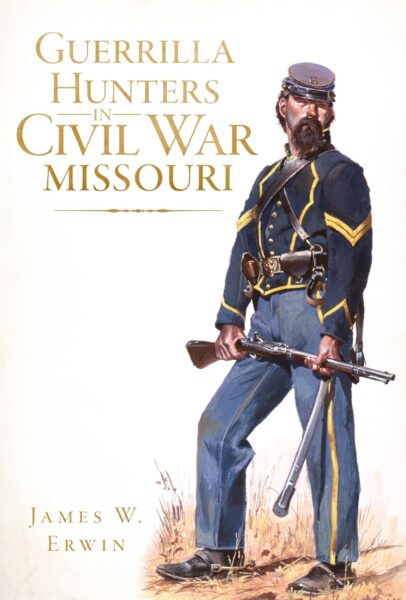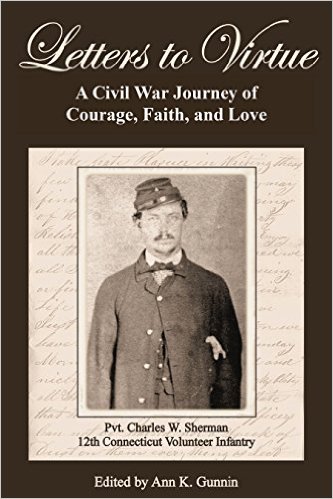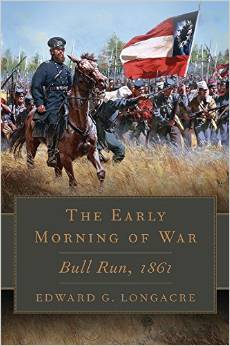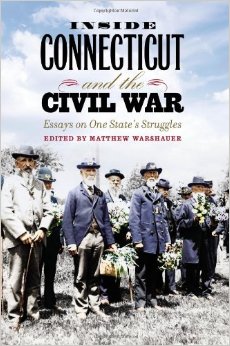David Blight’s Race and Reunion (2001) established him as one of the foremost scholars of Civil War memory. In that volume, Blight argued that in the decades after the Civil War, Americans debated how the Civil War ought to be remembered, with the “reconciliationist” and Lost Cause narratives triumphant over “emancipationist” narratives favored by Frederick Douglass and other African Americans. Blight ended Race and Reunion with the celebration commemorating the fiftieth anniversary of the Battle of Gettysburg in 1913, where former Union and Confederate soldiers embraced, an event presided over by newly elected President Woodrow Wilson, the first southerner elected since the Civil War.
In a sense, Blight’s new book, American Oracle: The Civil War in the Civil Rights Era, is a continuation of the work he began in Race and Reunion. Readers expecting a tome rivaling the size and scope of its predecessor will be surprised. Rather than chronicle the myriad ways in which the Civil War Centennial intersected with the Civil Right Movement, Blight provides much more intimate portraits of four authors who wrestled with the legacy of the Civil War at the height of the Civil Rights Movement. To be sure, Blight’s prologue paints a vivid portrait of how the Civil War remained a cultural touchtone during the struggle for racial equality, beginning his text with Martin Luther King, Jr.’s “I Have a Dream” speech on the steps of a monument dedicated to the Great Emancipator and the racism present in most of the Civil War Centennial celebrations. However, for most of the book, Blight’s focus remains firmly fixed on his four subjects: Robert Penn Warren, Bruce Catton, Edmund Wilson, and James Baldwin.
Blight treats each of the four authors in a separate chapter. Robert Penn Warren appears as a southern racist, imbued with a tragic sense of the past and its impact on the present. The Civil War manifested itself in several of Warren’s novels and essays, but his vision of the Civil War emerges most clearly in The Legacy of the Civil War (1961), in which he proclaims that the war was “the great single event of our history … our only felt history” (61). Like Warren, the popular historian Bruce Catton soaked up the felt history of the war during his childhood. His best-selling Civil War histories, whose lively prose Blight clearly admires, presented the conflict as a dramatic epic, traumatic and tragic, but somehow beautiful. The patrician Edmund Wilson’s Patriotic Gore (1962) chronicled a largely forgotten cadre of Civil War authors. Reflecting Wilson’s experience in World War I and his opposition to American involvement in World War II, Patriotic Gore presented a distinctly anti-war cast on the literature of the period.
Blight notes that the African American experience remained noticeably absent from the Civil War writings of Warren, Catton, and Wilson. Catton, for instance, rarely included African Americans, essentially ignoring Frederick Douglass, and described slavery as “comparatively benign” (113). Similarly, Wilson also ignored Douglass and every other African American author (save a brief treatment of Charlotte Forten) in more than 800 pages of Patriotic Gore, though he did find room for an extended analysis of Confederate Vice President Alexander Stephens’ defense of slavery. Each in their own ways, Warren, Catton, and Wilson embraced a version of the reconciliationist version of Civil War memory.
The most challenging and frustrating chapter in American Oracle is Blight’s final chapter on James Baldwin. Black, gay, and a generation younger than Warren, Catton, and Wilson, James Baldwin was probably the most visible black literary intellectual of the Civil Rights era. Simultaneously eloquent and vociferous, his writings during the 1950s and 1960s forced white Americans to confront the legacy of racism. Unlike the other subjects treated by Blight, however, Baldwin never wrote extensively about the Civil War. While the broad swath of African American history permeates Baldwin’s essays and novels, Baldwin never focused his attention directly on the Civil War or emancipation.
As always, Blight’s prose is insightful, lucid, and compelling, presenting an intellectual and literary biography of four significant commentators on the Civil War and its legacy. One wonders, however, if, like Edmund Wilson, Blight might have chosen to write a more encyclopedic assessment of literature of the Civil War centennial, including such authors as Shelby Foote, William Faulkner, or Ralph Ellison (who appears briefly in the epilogue), or even academic historians such as John Hope Franklin. Nevertheless, American Oracle elegantly demonstrates how the Civil War’s reverberations manifested themselves in four of America’s most prominent authors.
David Silkenat is an Assistant Professor of History at North Dakota State University and the author of Moments of Despair: Suicide, Divorce, and Debt in Civil War Era North Carolina.





